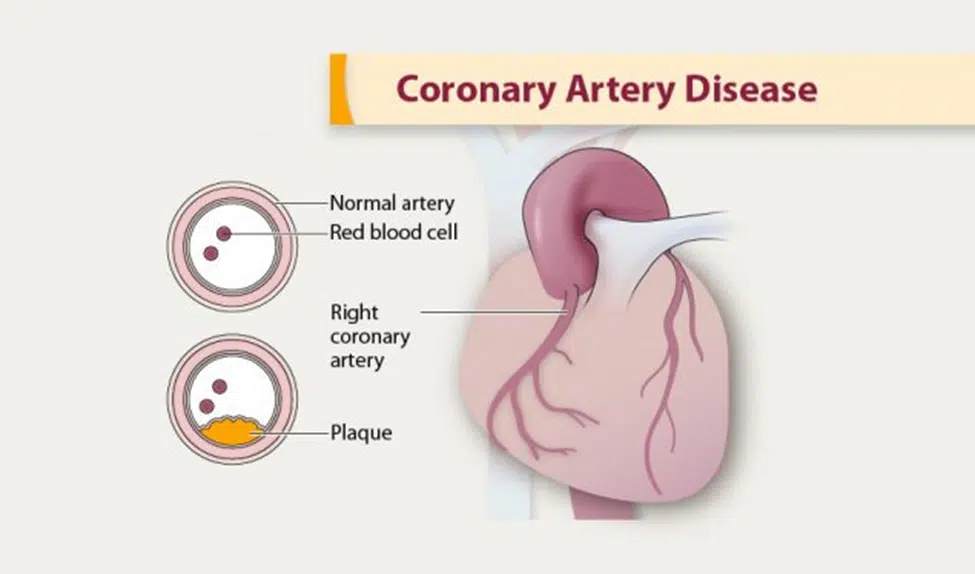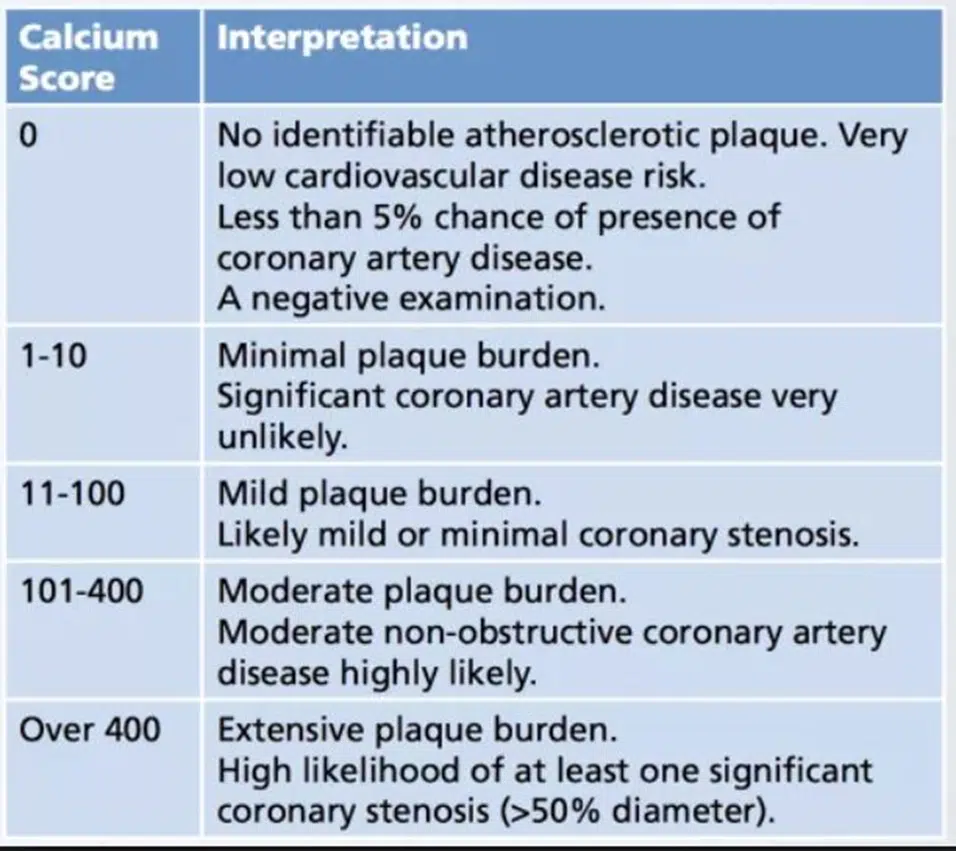


If you are or have any of the following:
If you have had any of the following, you should not have a calcium score heart scan:
Please speak with your physician if you:

Penrose-St. Francis Hospital offers the lowest cost in Colorado Springs for your calcium score heart scan. Additionally, Colorado Springs Cardiology offers a review of your heart scan results with registered nurses from the cardiology clinic. The nurse will review your results and discuss elevated calcium scores with a cardiologist. Most patients receive their results right after the scan has been completed so you will have your results before you leave the hospital.
